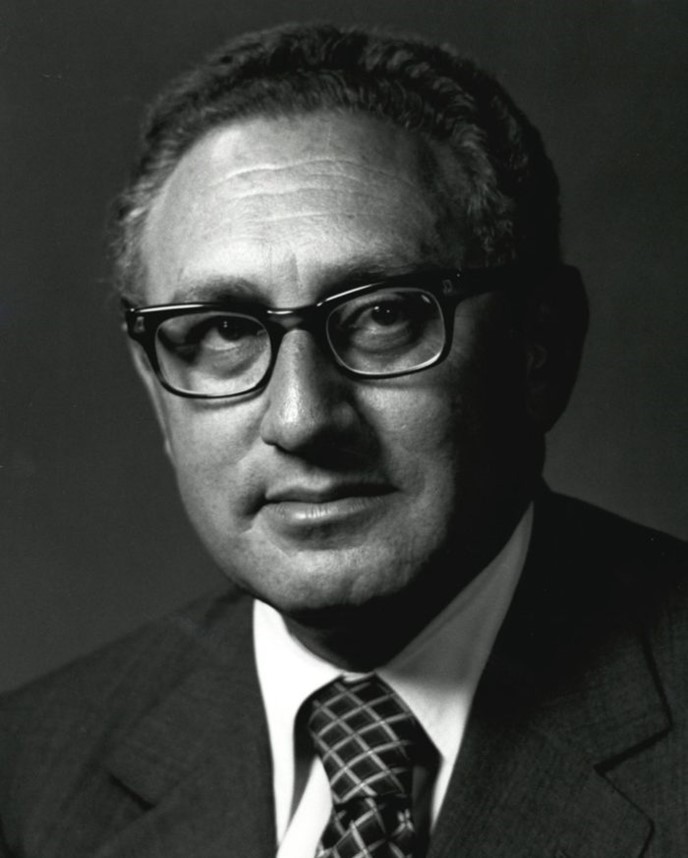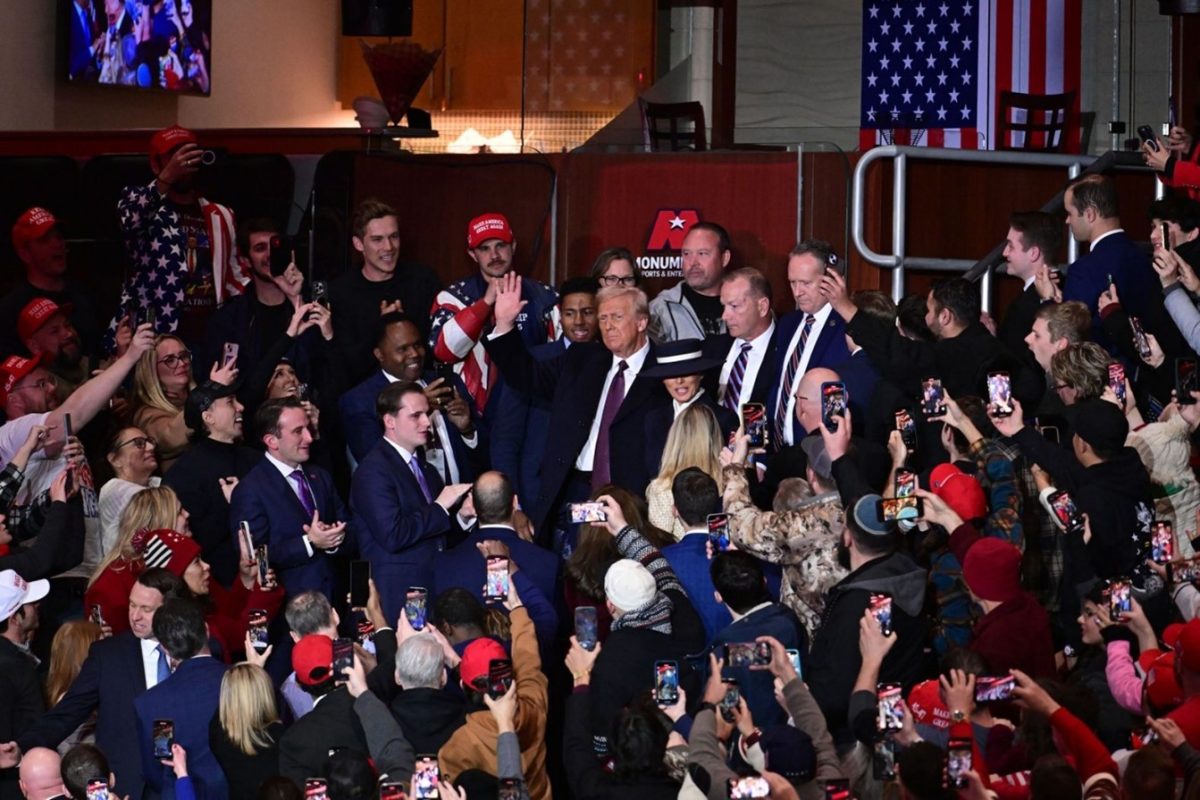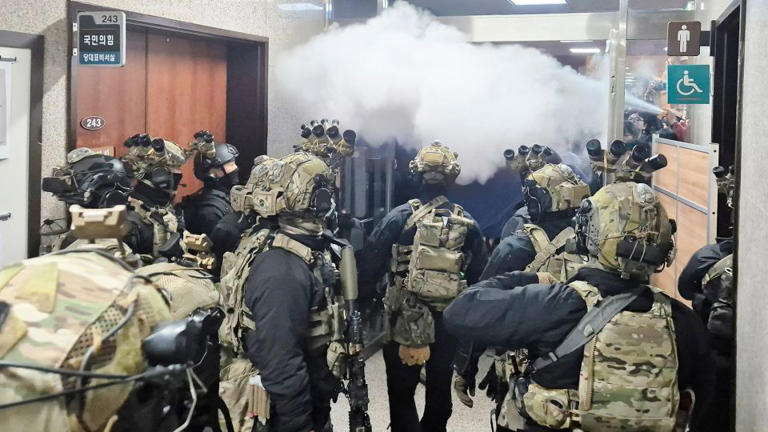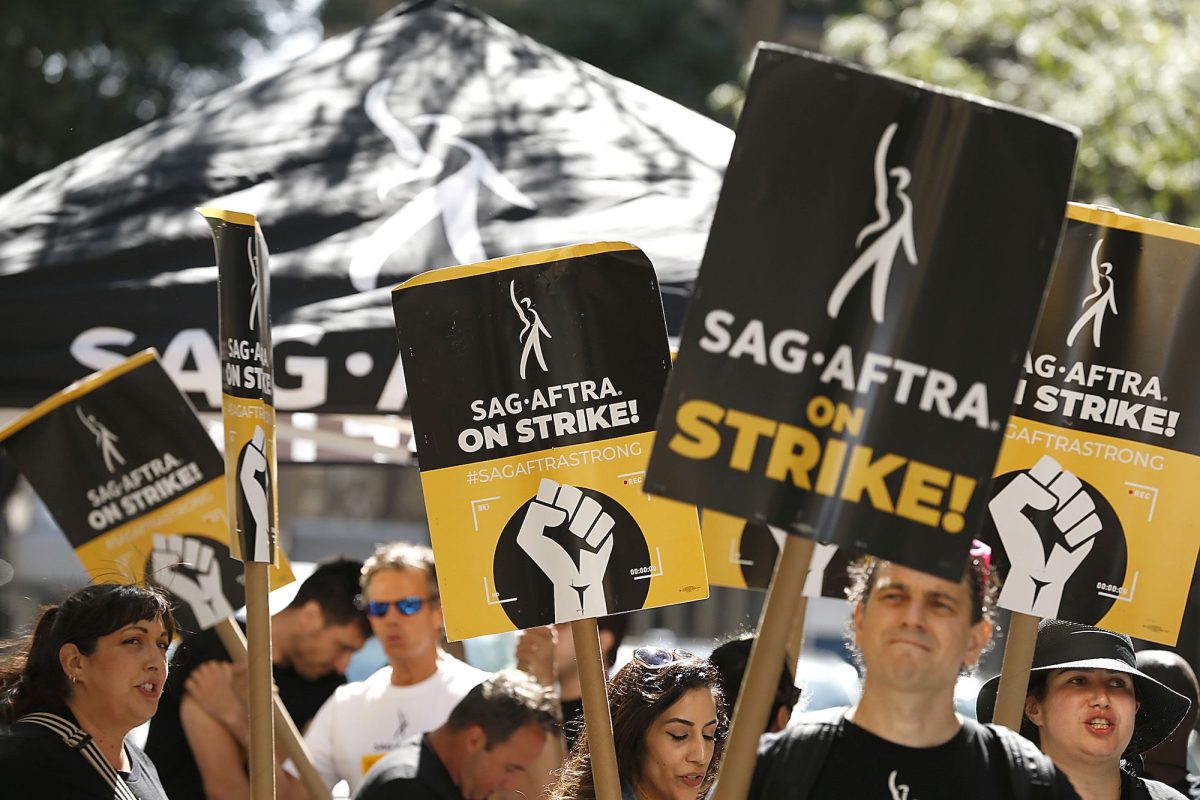Henry Kissinger, Former U.S. Secretary of State and National Security Adviser to Presidents Nixon and Ford, died this Wednesday in his home in Kent, Connecticut. He was 100.
The controversial diplomat came from humble beginnings. He was born as Heinz A. Kissinger into a Jewish family in Germany in 1923. The Kissinger family moved to New York City in 1938 to escape the Nazis, leading to Kissinger spending much of his childhood as a refugee. Upon reaching America, the young Heinz Kissinger changed his name to Henry.
After graduating high school, Kissinger enrolled in the City College of New York, planning to become an accountant. His plans, however, were thwarted when he was drafted to fight in World War II at 19.
After the war, Kissinger returned to the United States and enrolled in Harvard, later graduating summa cum laude with a degree in political science. Using connections he made while at Harvard, Kissinger remained there to earn his doctorate and eventually joined the faculty.
Kissinger’s life changed in 1968 when Richard Nixon was named the Republican nominee for the presidency. Despite being an ardent supporter of Nelson Rockefeller, Kissinger decided to take the opportunity in front of him and started to build a relationship with Nixon after meeting him at a party.
Nixon won the 1968 election and named Kissinger his National Security Adviser. For Nixon’s second term, Kissinger was named Secretary of State and continued his service under President Gerald Ford. Widely considered one of the most influential diplomats of the twentieth century, it can’t be denied that Kissinger’s tenure was mired in controversy.
The most famous (or infamous) of Kissinger’s actions is his carpet bombing of Cambodia during the Vietnam War. Some call it a necessary evil required to wage total war on Southeast Asia, while others call it a war crime resulting in the unnecessary deaths of hundreds of thousands of innocent civilians.
Anthony Bourdain, famed chef and entertainer, once spoke on Kissinger’s actions after a visit to Cambodia: “Once you’ve been to Cambodia, you’ll never stop wanting to beat Henry Kissinger to death with your bare hands. You will never again be able to open a newspaper and read about that treacherous, prevaricating, murderous scumbag… without choking.”
Kissinger won the Nobel Peace Prize in 1973 for his actions in helping to bring about a ceasefire in Vietnam.
Other controversial points of Kissinger’s career include assisting the takedown of the democratically elected government in Chile in 1973 and promotion of human rights abuses in Pakistan and Argentina during the 1970s.
When asked about those who call him a war criminal in an interview with CBS, Kissinger remarked, “That’s a reflection of their own ignorance.”
Amid the controversies, one highlight of Kissinger’s career was his pursuit of the policy of détente with the Soviet Union and the opening of relations with China. With the USSR, Kissinger negotiated several treaties, including the SALT (Strategic Arms Limitation Talks) Treaties, aimed at lowering tensions that had recently peaked during the Cold War.
As for China, Kissinger took two trips there along with President Nixon, ending the icy tensions that had existed between China and the US since Mao Zedong’s 1949 revolution. Kissinger is still beloved in China, called an “old friend of the Chinese people” in an obituary from one of China’s state-sanctioned media outlets.
After his stint as Secretary of State, Kissinger remained active in the world of diplomacy, including spending time as a faculty member of Georgetown University’s Center for Strategic and International Studies, founding the geopolitical consulting firm Kissinger Associates, and briefly serving as chairman of the 9/11 Commission.
Regardless of one’s opinion of him, it is undeniable that Kissinger shaped the geopolitics of the twentieth century, and with his death, a defining era of U.S. foreign policy comes to a close.





